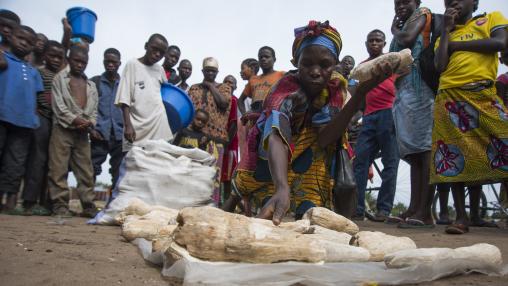
Acute Hunger Continues to Rise in Africa South of the Sahara: 2023 Global Food Policy Report Released
In Africa south of the Sahara, the share of the population facing food insecurity is more than double that of any other region in the world, according to IFPRI’s 2023 Global Food Policy Report: Rethinking Food Crises Responses. Approximately 282 million people in Africa south of the Sahara, or around 20 percent of the population, were undernourished and food-insecure in 2021.
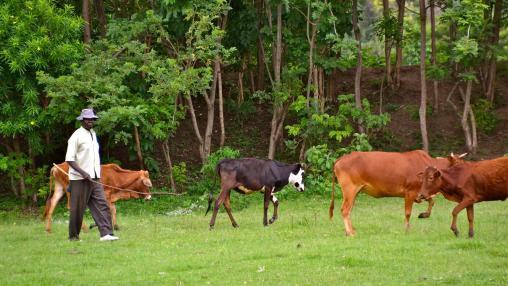
Rainy Season Begins in Kenya But Food Security Challenges Remain
The long rainy season in Kenya got off to a relatively good start in March, according to an update from FEWS Net. While the precipitation has begun to replenish water levels reduced by five consecutive seasons of below-average rainfall, however, much of the country continues to struggle with the high food prices, reduced agricultural productivity, and reduced livelihoods caused by the prolonged drought.
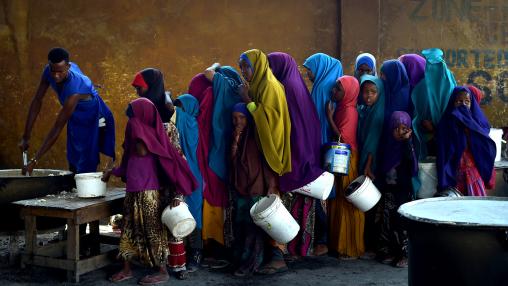
Famine Averted, But Somalia Still at Risk
Somalia will likely avoid widespread famine, due to scaled up humanitarian assistance and marginally improved rainfall; however, the situation within the country remains critical. After three consecutive years of drought, millions of Somalis are facing acute food insecurity and hunger, and the risk of famine remains in several areas of the country.
Groundwater: Potential and Pitfalls for Africa
Groundwater development is key to accelerating agricultural and overall economic growth, fight climate change, and generate employment in Africa. However, there is also a need to improve groundwater institutions to grow equity and environmental sustainability in groundwater use. This session discusses the African Ministers' Council on Water’s (AMCOW) groundwater program with case studies on the benefits of groundwater development as well as institutional advances in several African countries.
The importance of groundwater development for water and food security in Africa
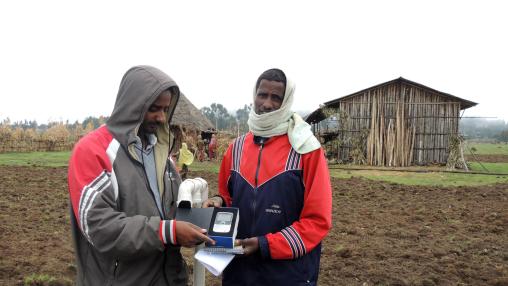
Developing and implementing Picture-Based Advisories (PBA) for farmers in Kenya
IFPRI’s picture-based insurance (PBI) initiative, recognized as a CGIAR@50 Innovation and active since 2016, relies on participating farmers to upload smartphone pictures of their fields at intervals throughout the growing season. In the event of bad weather, pests, disease, or other problems that harm the crops, the photos are used to assess the damage and trigger insurance payouts.
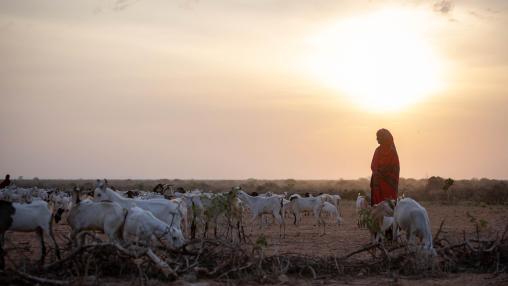
Hunger Levels Continue on the Rise: 2022 Global Hunger Index Released
Over the past two years, the impacts of ongoing regional conflicts, climate change, the COVID-19 pandemic, and the Russian-Ukraine war have drastically weakened the world’s already inadequate, unsustainable food systems. This confluence of factors has induced in supply chain disruptions and high and volatile prices for food, fertilizer, and fuel, and the result has been the third global food crisis in less than two decades.
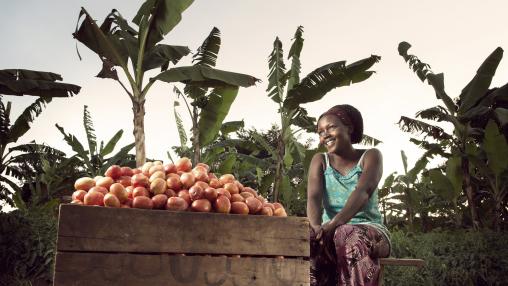
Accelerating adoption of climate-smart agriculture: Reaching women farmers in Uganda with video extension
Women play a vital role in agricultural production in low-income countries, but often lack the information needed to improve their agricultural practices. A recent dissemination event in Uganda highlighted the potential of targeted video-based extension to boost women’s adoption of key climate-smart technologies.
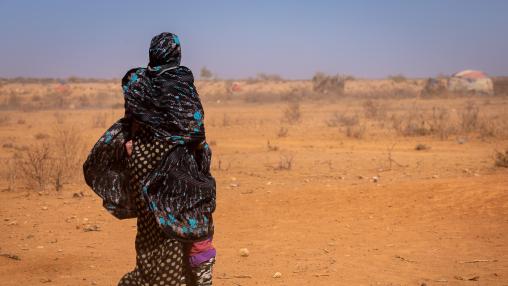
Urgent Aid Needed in Horn of Africa As Famine Threat Grows
The Horn of Africa is facing a fifth consecutive season of severe drought, with extreme dry conditions expected to extend through May 2023, according to a new alert released by FEWS Net. The situation has significantly increased the likelihood of famine in the region, and global action is needed urgently to address the growing humanitarian crisis.
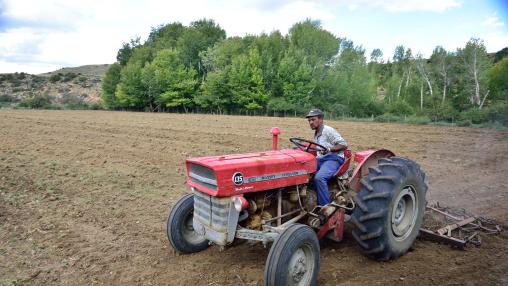
Substantial Investment, Increased Coordination Needed to Achieve SDGs: 2022 Africa Agricultural Status Report Released
Food systems around the world have experienced numerous shocks in the past two years, and African food systems are no exception. The impacts of the COVID-19 pandemic, global and local supply chain disruptions, climate change, and the Russia-Ukraine conflict have placed enormous pressure on food and nutrition security in the region, threatening the likelihood that Africa will achieve the Sustainable Development Goals (SDGs) by 2030.
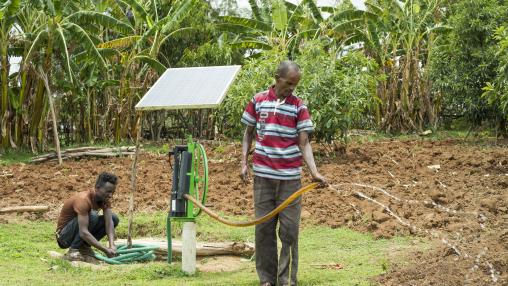
How can we address recurring global food and fuel crises? The role of solar powered irrigation
It seems that joint food and energy crises have become the norm: Three have now occurred in just the last 15 years, driven by climate change and other human-made crises such as COVID-19 and the Russia-Ukraine war.
All three crises dramatically pushed up food and energy prices, as well as those of fertilizers, leading to an increase in the number of undernourished people worldwide (Figure 1). The number of hungry has now been on the rise for almost a decade now, and it is unclear if or when the global community will come together to implement interventions to turn this around.